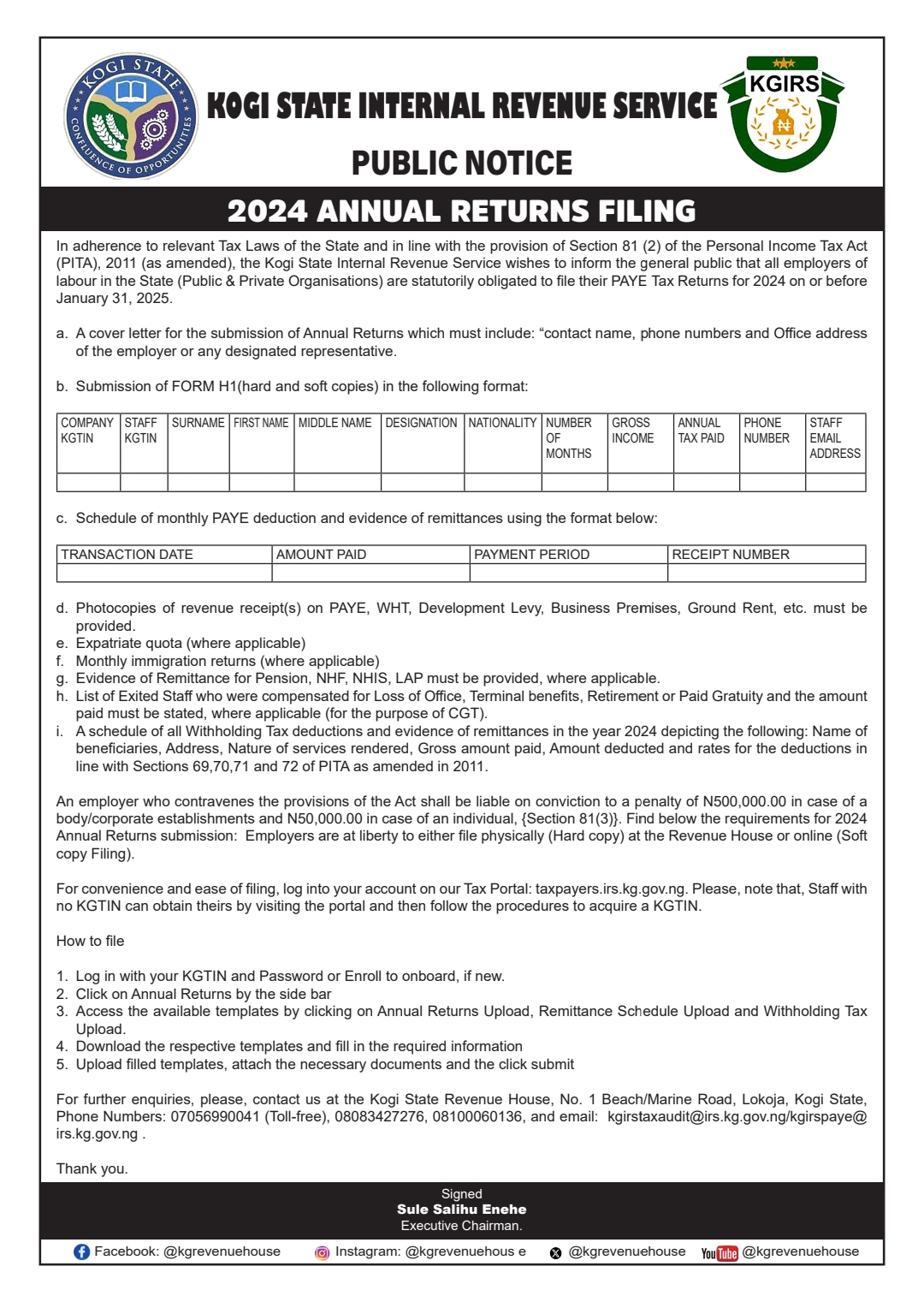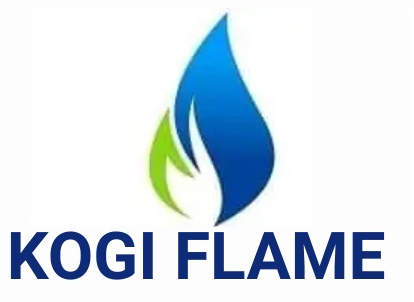Warning: Attempt to read property "post_excerpt" on null in /home/kogiflam/public_html/wp-content/themes/morenews/single.php on line 55


Kogiflame
Agricultural and Rural Management Training Institute (ARMTI) has trained a selected group of 50 agric produce exporters on value creation through effective human capital development in the area of agricultural produce exportation.
Speaking during the opening ceremony of a five-day training workshop at the ARMTI headquarters, Jimba Oja, Ilorin on Tuesday, the executive director of the institute, Dr. Olufemi Oladunni, encouraged agriculture producers to go into export business to reduce poverty level.
“We are trying to create business opportunities for youths, we want to let them know that they can engage in export business of agricultural produce that people tend to overlook. As common as waterleaf that is here, that grows in raining season without planting in this part of the country, it can be exported and people are making thousands of pounds. I know people who on weekly basis make at least £30,000. You see what it translates to if someone can make even if it is £10,000 weekly in Nigeria.
“The whole essence is to reduce poverty, to generate new grade of employment through the agricultural value chain at every spot of agricultural value chain: producing, harvesting, processing, and storage. There are millions of employment that we are not tapping from the value chain. For instance, transporters and those who have warehouses will fit into it because the products must stay somewhere before they go out. These are the things we are trying to create, so that we can generate a lot of employment, we can increase income of peoeple, and then we can as well reduce poverty so that people can have access to a better standard of living.
“Through agriculture, they can become whatever they want to become in life and then we are encouraging them by teaching them how to do it because everything has standard.
We have brought in experts from Nigeria Export Promotion Council, Shippers Council and Quarantine services, who will tell them the features so that their product will not be banned from entering international markets. These experts are well versed are well versed about the quality and standard that is acceptable at the international market where the products are going, the Export Promotion Council can Promote those things and they will know exactly how to do it and how best they will earn better income.
“We will be very glad to see 10 per cent of the participants start exporting but it will be a big plus to Nigeria if the whole 100 per cent can do that. The training on export production is an unending process, the more you go into it, the more you garner experiences and the more knowledgeable you get. There is no item of agriculture in Nigeria that is not exportable. For instance agbalumo (Cherry), Fufu, Water leaf, and all other variety of vegetables are being exported. There are people who earn thousands of pounds to export them. Adopt every opportunity to lay a foundation. If youths can work with their fingers and begin to produce something for export, there won’t be the need to walk to Europe, and you won’t be waiting for visa before they give you.
“They are 50 in number and they come from all over Nigeria. We advertised and about 250 responded to it so we dropped a list of criteria to evaluate and bring out 50 out of them based on the funding available”, he said.
Also speaking, the Head and trade promotion advisor, Kwara state office of the Nigeria Export Promotion Council (NEPC), Akinwunmi Ajayi James, enjoined young Nigerians to go into export business, saying that with the drop in demand for oil in international business, there is thus the need to embrace non-oil export trade to earn foreign exchange, expand job opportunities and reduce poverty level in the country.
The NEPC man, who advised Kwara state government to develop exportation of agricultural products especially cashew and help cashew producers, said that it could make the state government to be less dependent on federal allocation and reduce people from poverty level.




